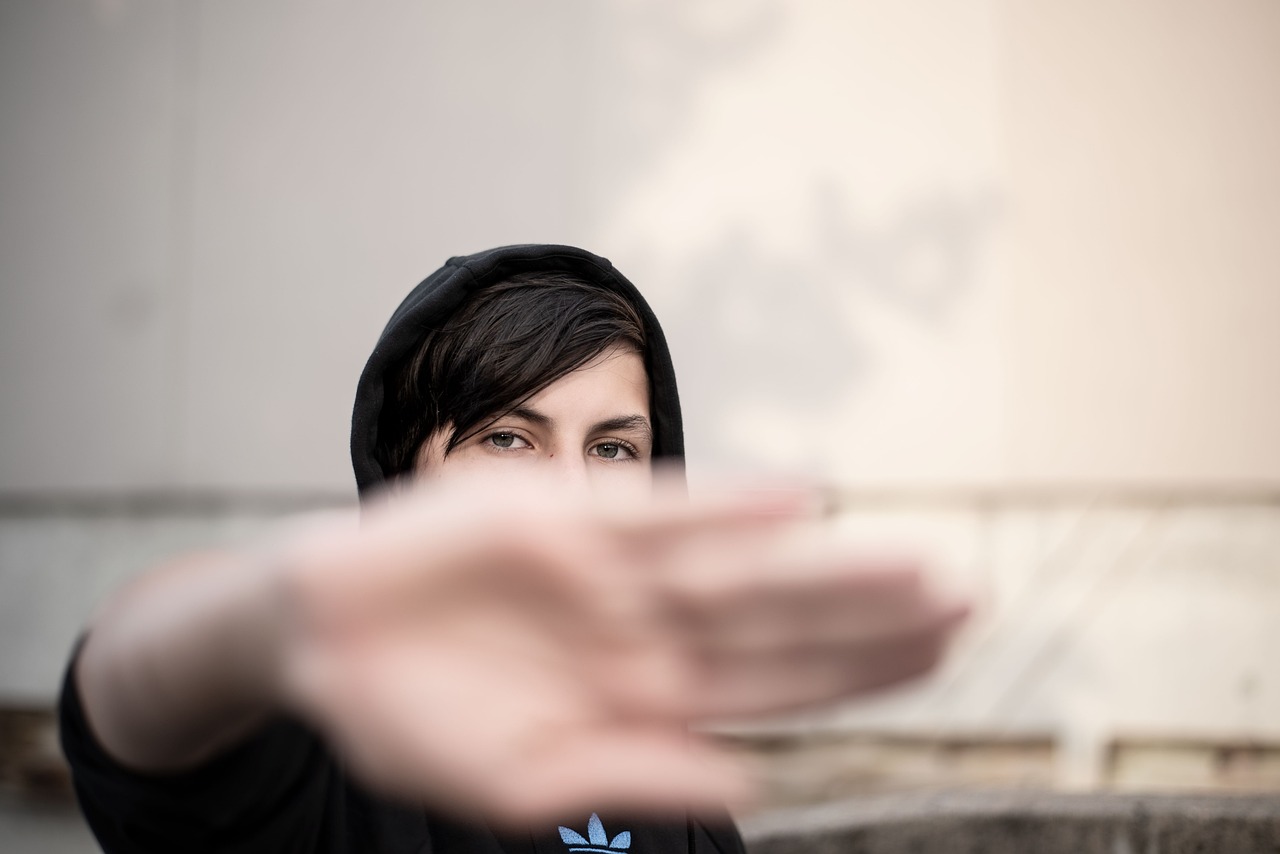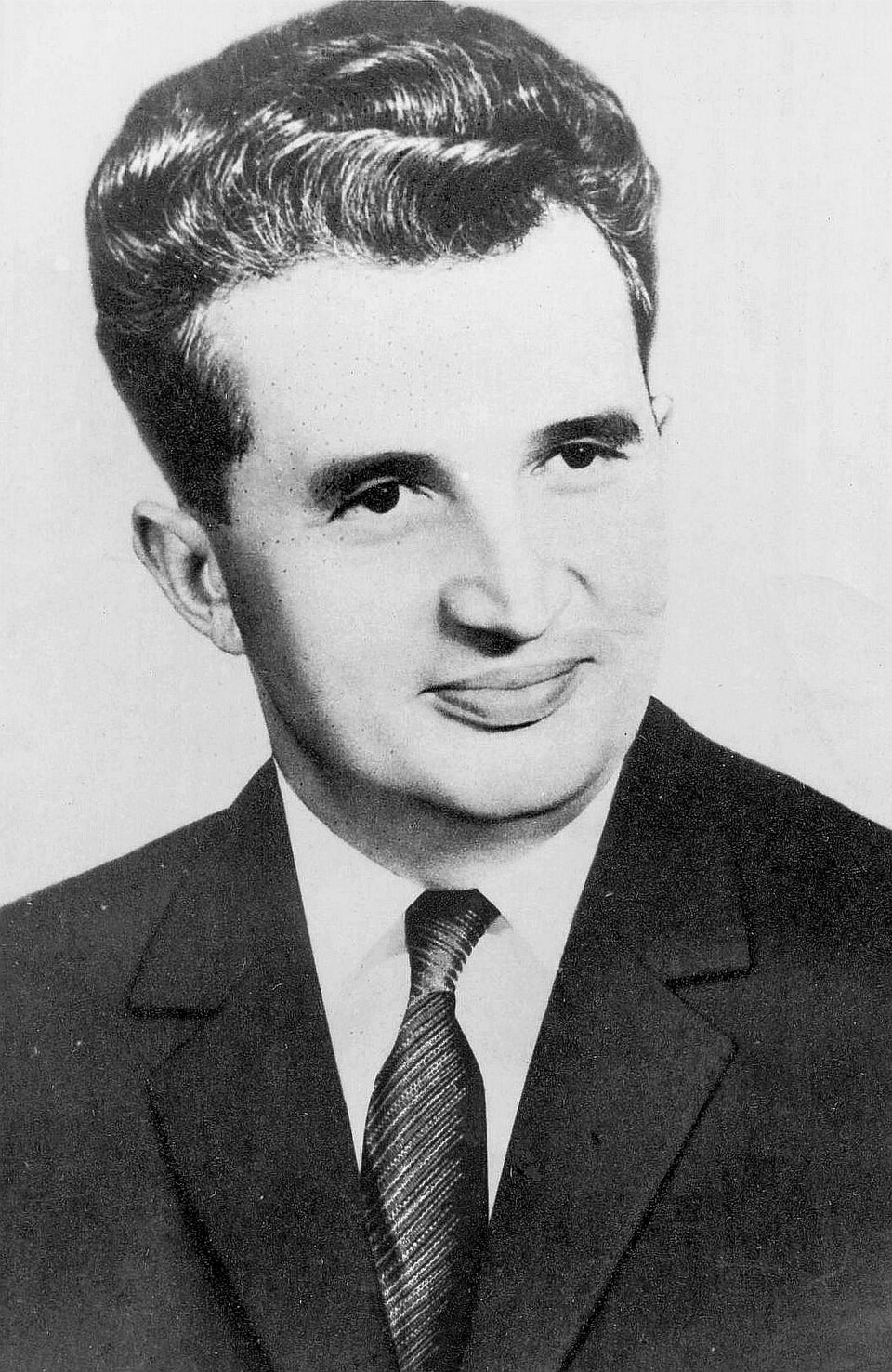
Three very different stories were in the news recently. The first was about an Australian family of four who was stuck in the outback and had to be rescued by helicopter. The second was about the ongoing relationship between Jamal Hinton and his “grandma,” Wanda Dench. Six years ago, a text mistake brought the two together for a Thanksgiving meal, and they have been reuniting yearly ever since. The third was about Grammy-winning superstar Adele’s nine-year-old son Angelo seeing her perform live for the first time. What do these dramatically different stories have in common? They are all about family. Regardless of where you are in the world, your race, or your social class, family is foundational to our society and individual lived experience.

Most people have a general idea of what a family is and typically identify mom, dad, and siblings as members of their family. Sociologically, a family is a group of people connected by blood, marriage, adoption, or agreed-upon relationship. This includes but is not limited to nuclear families, consisting of one or more parent and child, and extended families, made up of other kin such as grandparents, aunts, uncles, and cousins living in the same household or nearby. Generally, we think of the family in which we are raised and socialized as a result of birth, adoption, or a blended family as our family of orientation. Our foundational primary group socializes us by teaching us the norms, beliefs, language, and values of a society. The Australian family with their two kids or Adele with her son Angelo are all examples of nuclear families of orientation.

In reality, we know that family is so much more than that because families are socially constructed and historically changing. This is true on the macro level and micro level. On the macro level, laws around what constitutes a family have changed over time. Examples include the legalization of interracial marriage in 1967 and same-sex marriage in 2015. The legalization of no-fault divorce or marriages that can be dissolved without evidence of wrongdoing also falls under the rubric of macro-level change.
On a micro level, the choices people make about who is part of their family transcend legislation. The truth of this statement is in the relationship that has developed between Jamal Hinton, a Black man, and his accidental White “grandma,” Wanda Dench. They are not related, but they are family because they have agreed to be family.
The family you choose to create through marriage, an agreed-upon relationship, or the birth or adoption of children is your family of procreation. This can include your significant other, your best friend, or your fictive grandma. For many people, their pets are an important member of their family. While relationships with pets are not based on kinship — social relationship patterns based on blood, marriage, or adoption — they are undeniably close, sometimes even closer than human relationships.
Family as an institution is both public and private. Whether you choose to have a blended family in which one or both spouses have children from previous relationships or a childfree family by choosing not to have children at all, your definition of family is the one that matters the most.
Thompson is a co-owner of UITAC Publishing. UITAC’s mission is to provide high-quality, affordable, and socially responsible online course materials.
Images used in this blog:
- “Family Making Breakfast in the Kitchen” by August de Richelieu is licensed on Pexels. This image has not been altered.
- “Old Family Photo with a Baby” by Suzy Hazelwood is licensed on Pexels. This image has not been altered.
- “Woman cuddling dog while standing near window” by Samson Katt is licensed on Pexels. This image has not been altered.




